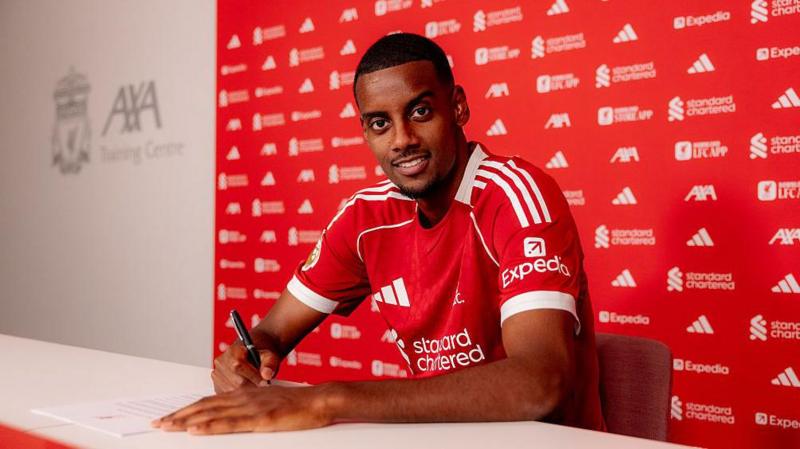Premier League's £3bn Spending Spree: Exciting or Alarming?




As the dust settles on another frantic Premier League summer transfer window, the figures involved have certainly set new records and raised eyebrows. Sports clubs in England's top football league have collectively spent an astounding £3 billion on player transfers. This monumental expenditure begs the question: what does this mean for the future of the game, and are there underlying concerns we should be attentive to?
This summer's transfer window wasn't just notable for its record-breaking total but also for the dramatic, last-minute deals that kept fans on the edge of their seats until the very end. But beyond the excitement and headline-making moves, this trend also unveils deeper narratives about economic disparity and financial sustainability in football.
To put the £3 billion figure into perspective, it's essential to understand the immense revenue streams that Premier League clubs enjoy, predominantly through lucrative broadcast deals, high-profile sponsorships, and significant matchday revenues. These financial advantages allow them to spend vast sums on attracting and retaining the best talents from around the globe. However, this influx of money has also escalated transfer fees and player wages exponentially over the past decades, inflating the market significantly.
One of the pivotal concerns this raises is the growing economic gap between the Premier League and lower divisions. While top clubs can afford to splash vast sums, smaller clubs, especially those outside the Premier League, struggle to keep up, potentially endangering long-term competitiveness and balance within the sport. For instance, while a Premier League club might see a £30 million expenditure on a new striker as a necessary investment, such a figure could dwarf the entire budget of many lower division clubs.
Furthermore, the sustainability of this spending model poses pertinent questions. Clubs are increasingly reliant on a 'success at all costs' model that prioritizes short-term gains over long-term stability. The COVID-19 pandemic illustrated how precarious finances can be, with many clubs suffering severe losses in revenue during lockdown periods that saw matches played behind closed doors or canceled altogether.
In response to ever-increasing spends, UEFA and domestic bodies have tried to implement financial regulations like Financial Fair Play (FFP) to ensure clubs spend within their means. Nevertheless, the effectiveness of such measures remains subject to intense debate among analysts, with some clubs finding ways around these regulations or facing minimal consequences for non-compliance.
The argument that significant spending is necessary to compete at the highest level is compelling, considering the success stories of clubs like Manchester City and Chelsea in recent years. Yet, it's also essential to consider teams like Leicester City, who achieved miraculous success without comparable financial outlay. Their 2016 Premier League title win is a testament to the fact that strategic planning, excellent scouting, and cohesive team-building can rival sheer financial muscle.
Looking to the future, the Premier League must grapple with these issues judiciously. Balancing competitiveness, financial health, and the overall integrity of the sport will be crucial. There is also growing fan concern about clubs' community roles and the general well-being of the sport, which transcends winning trophies and signing marquee players. Initiatives like salary caps, more stringent financial controls, and revenue-sharing models could be potential measures to ensure a more level playing field and sustainable future.
In conclusion, while the £3 billion spent this summer is a testament to the Premier League's global appeal and financial clout, it also casts a spotlight on the broader implications for the sport. As we celebrate the thrill of new signings and competitive matches, it's equally important to contemplate the long-term impacts of these spending habits. Balancing the books while maintaining the excitement level will be key to the league's enduring success and its ability to captivate fans around the world.